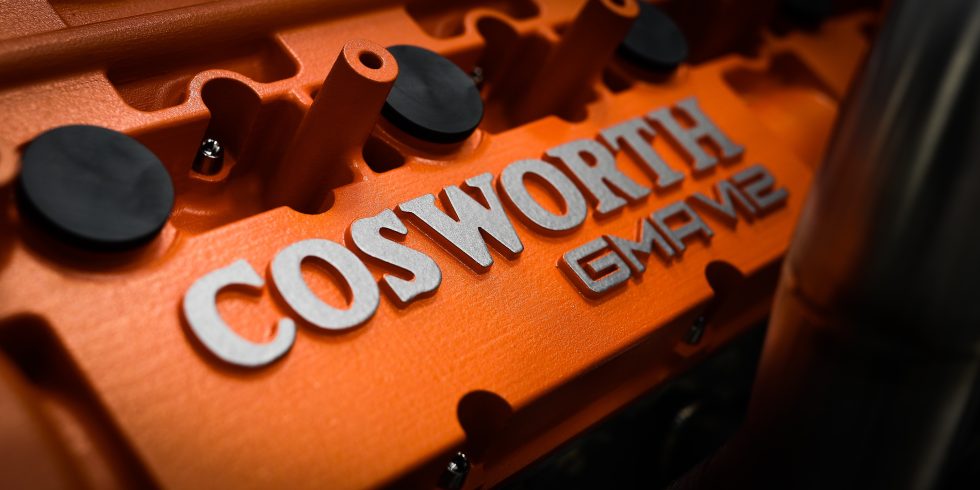The greatest V12 ever made? Cosworth builds an engine for Gordon Murray

"Every component on this car is a piece of engineering art, and the engine is no exception. I wanted the engine to look like a modern interpretation of a 1960s V12. If it wasn't the beating heart of the T.50 it would make a fabulous, sculptural modern-art installation," says designer Gordon Murray. [credit: Gordon Murray Automotive ]
For car nerds of a certain age, few cars compare to the McLaren F1. Back in 1994, the car rewrote the rules, even in the midst of a supercar boom that gave us machines like the Jaguar XJ220 and the Bugatti EB110. At around a million dollars (640,000), its price tag was almost as unbelievable as its specifications-an all carbon fiber construction, a hand-built V12, acceleration that was unheard of outside the race track, and a top speed north of 240mph (386km/h).
Nearly three decades later, its designer, Gordon Murray, is hard at work on a sequel to this legendary vehicle. It's going to be called the T.50, and we'll get our first official look at it when it's revealed next month. But in the meantime, Gordon Murray Automotive and Cosworth have released some details on the T.50's engine, which they describe as "the greatest road-car V12 ever made."
When he was at McLaren in the '90s, Murray turned to his friend Paul Rosche at BMW to build the F1's bespoke engine. This time, the job went to Cosworth, which first rose to recognition when it revolutionized Formula 1 in the 1960s with the DFV engine.
Read 6 remaining paragraphs | Comments